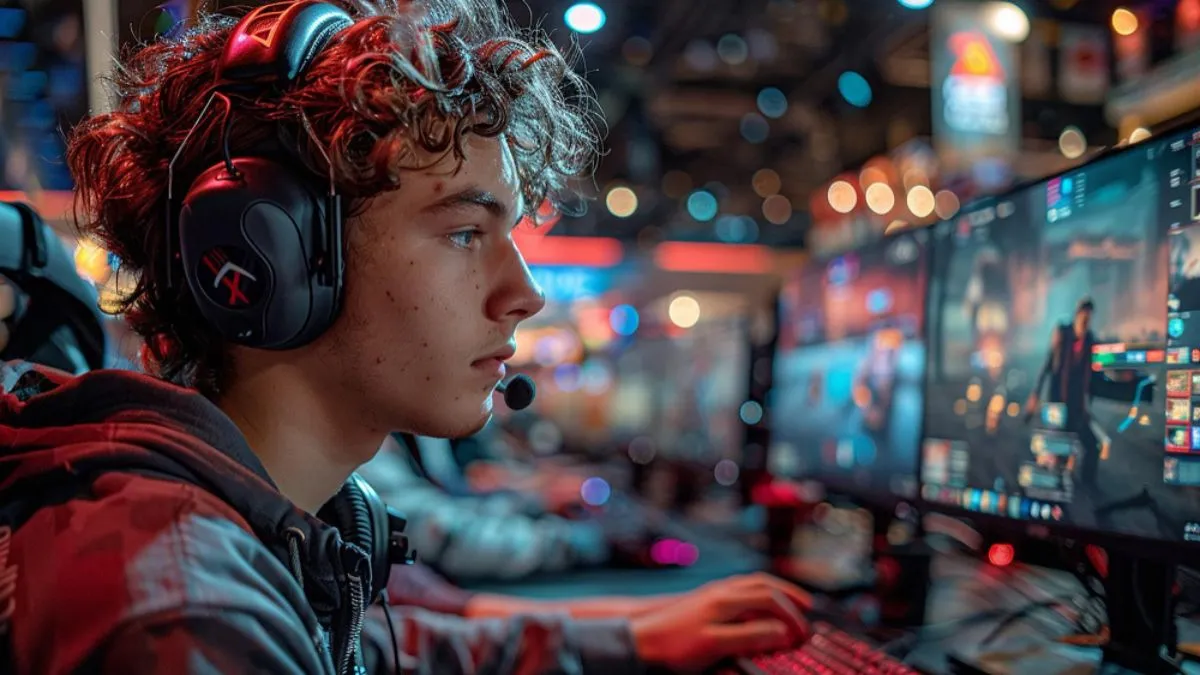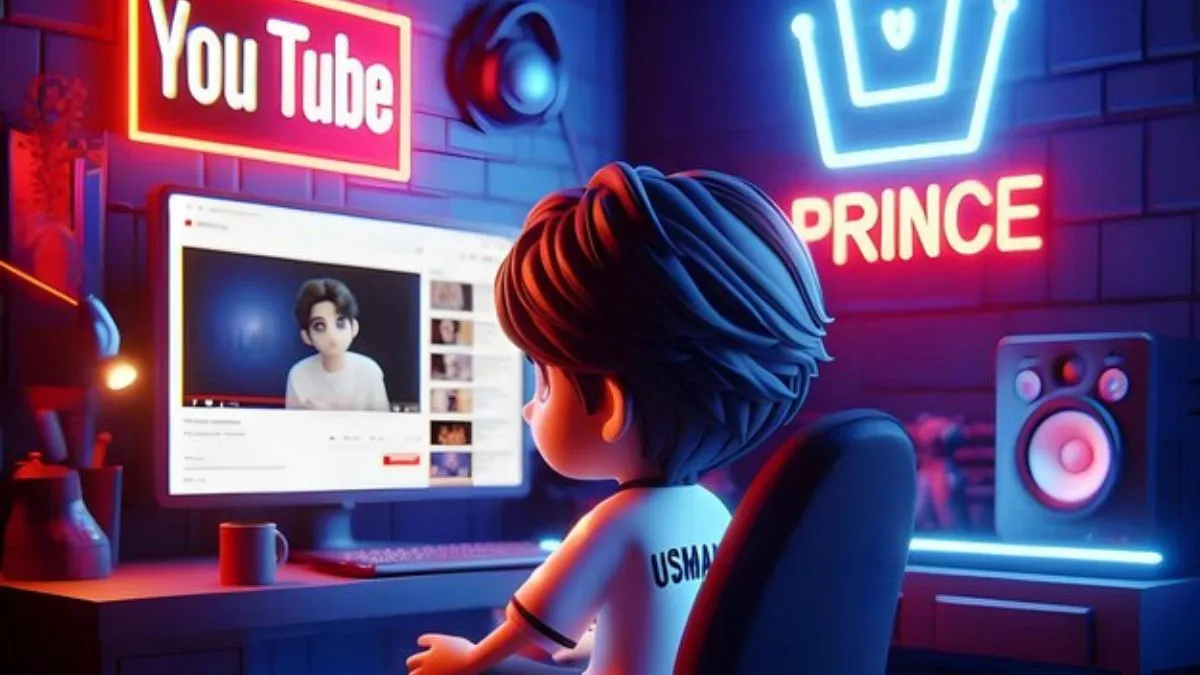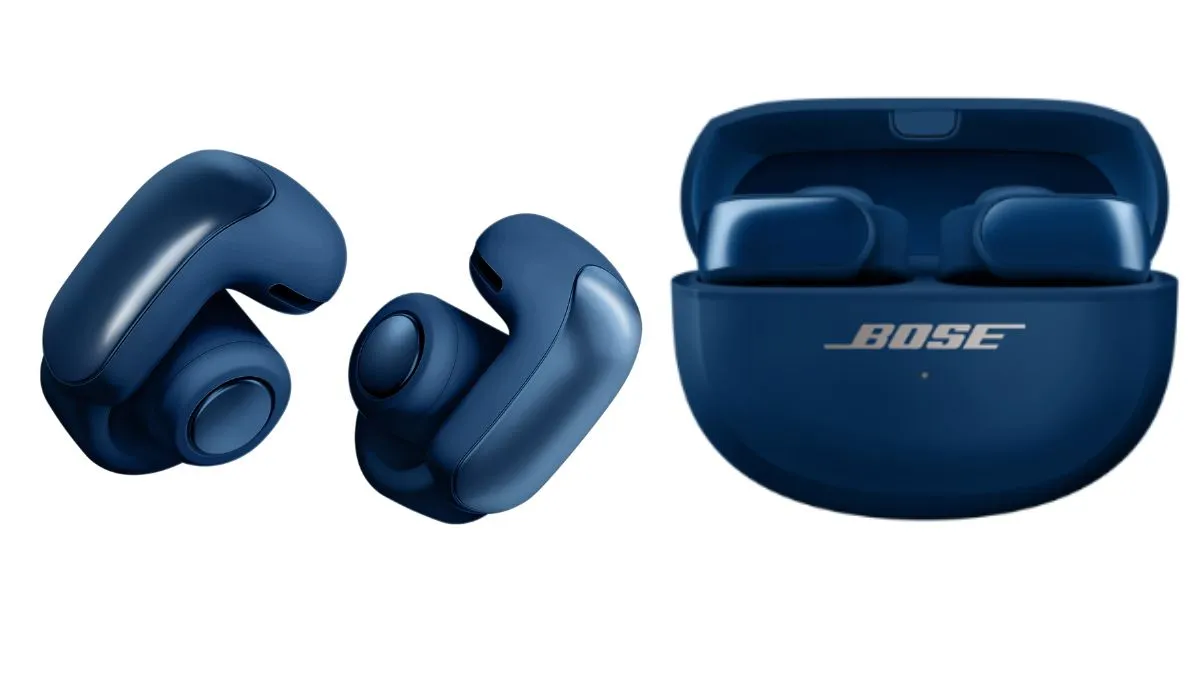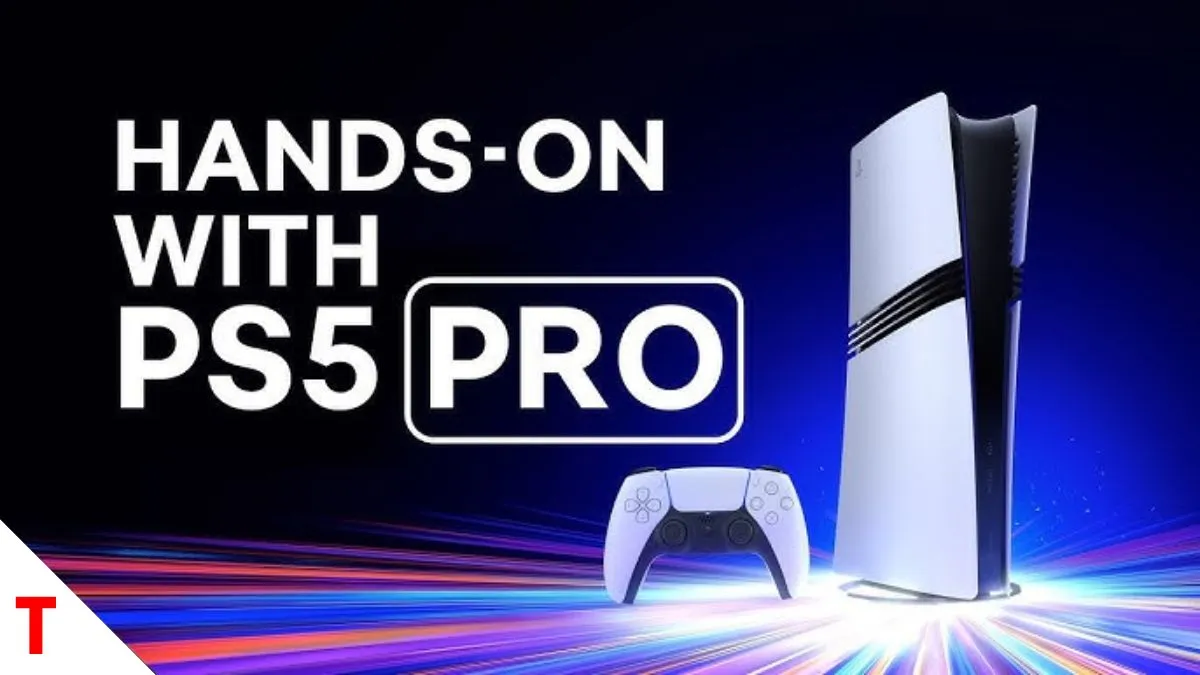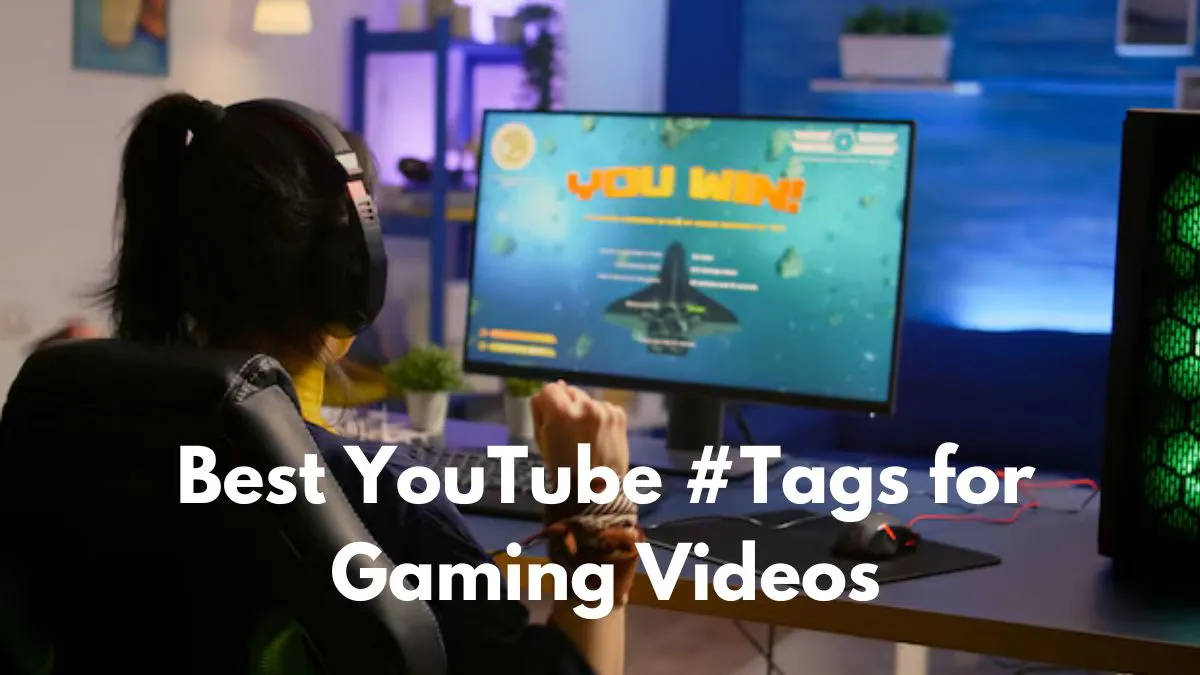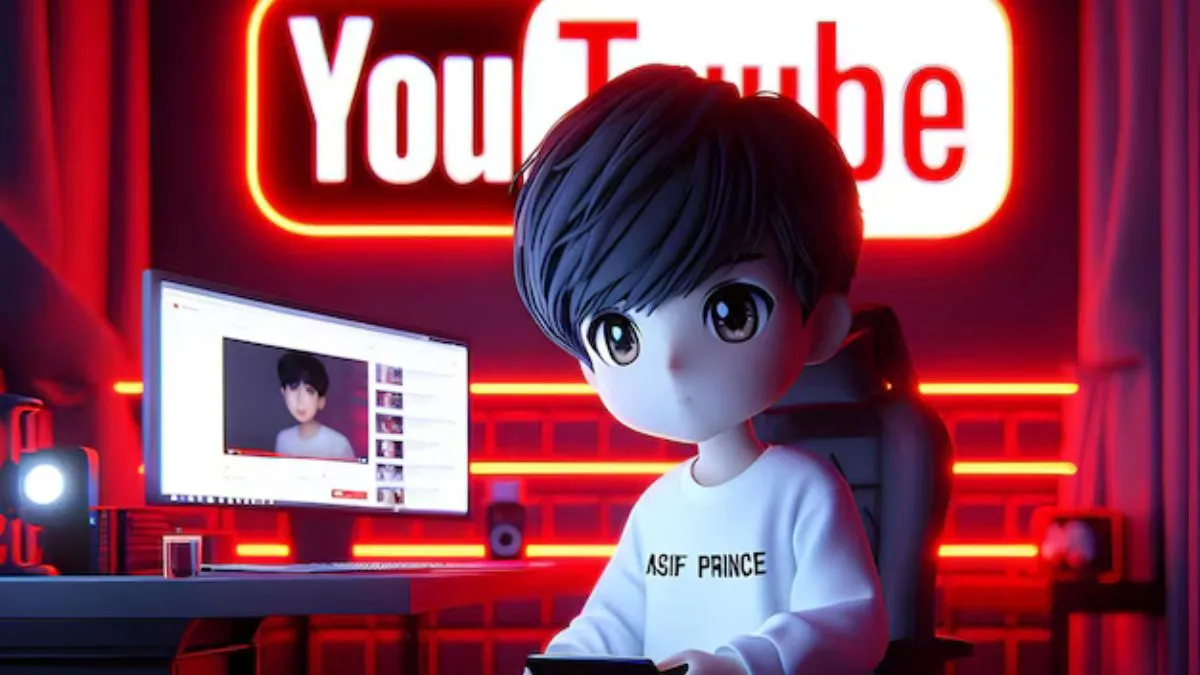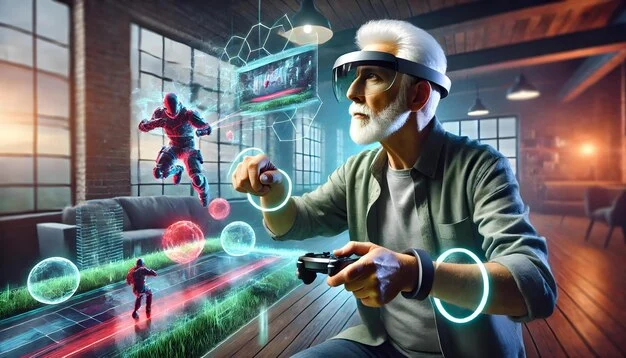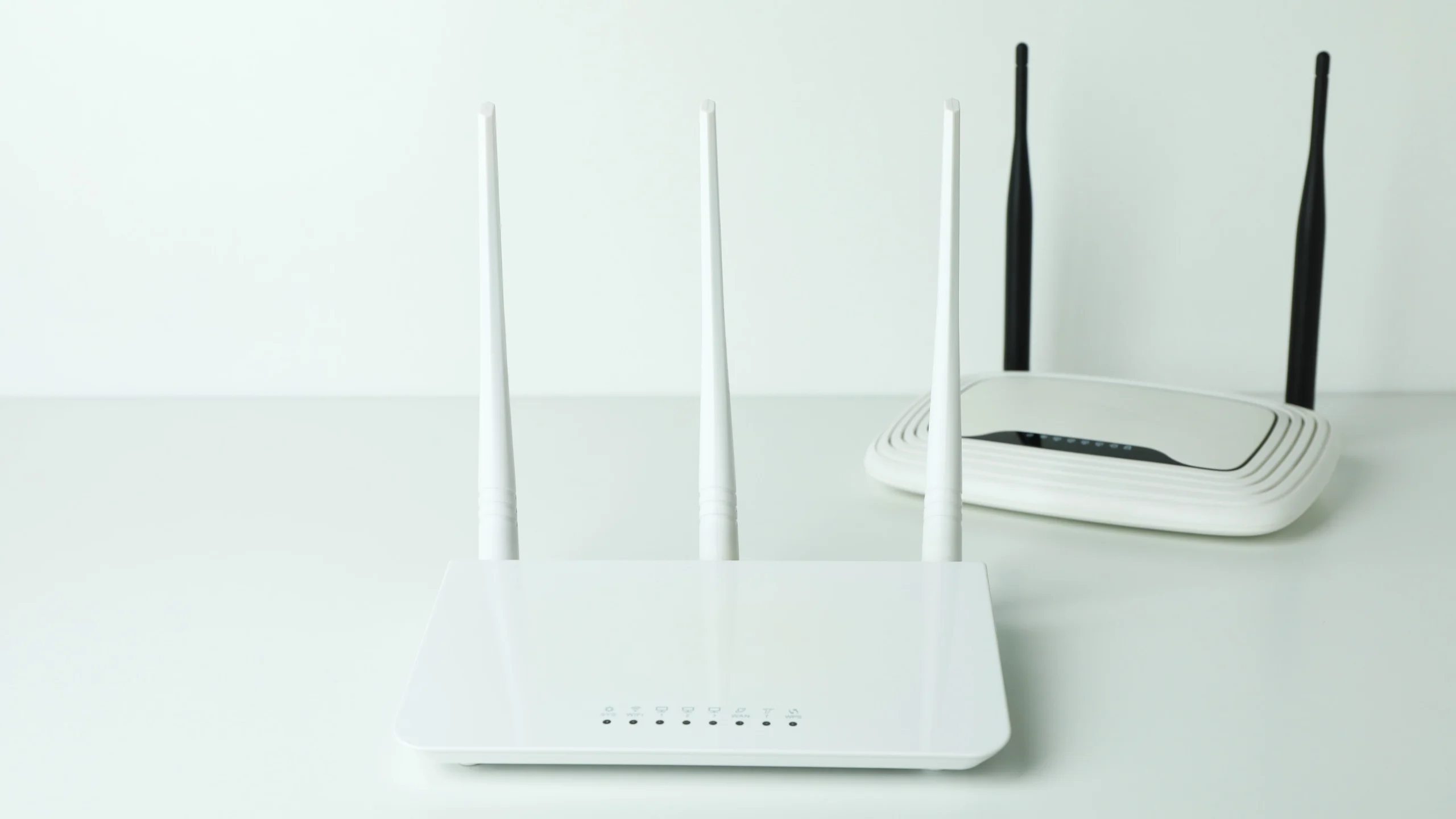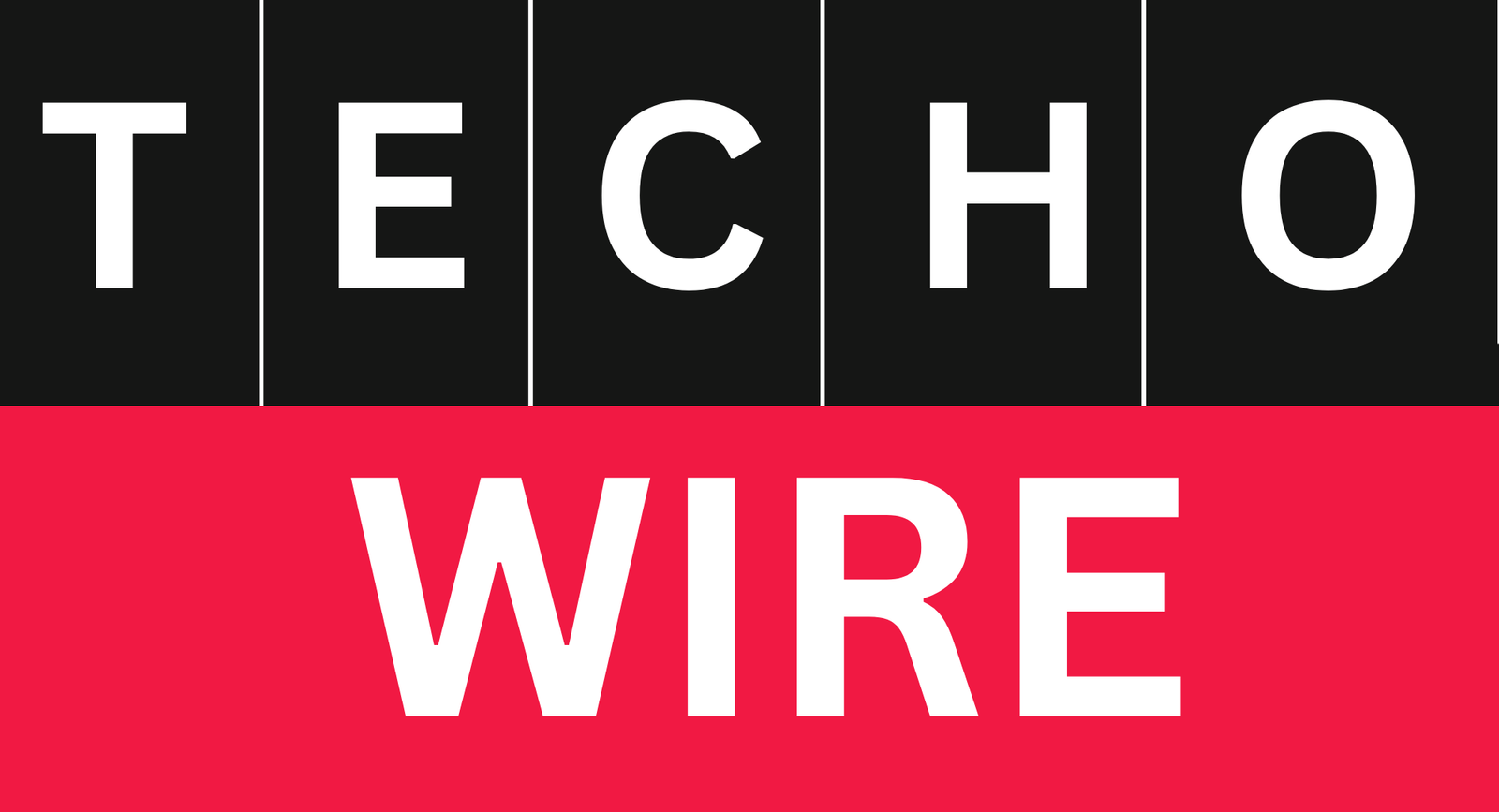Essential Tips for Becoming a Pro eSports Player: The rise of esports has been huge, growing from a niche hobby to a booming global industry. Esports has grown exponentially over the past decade, attracting millions of fans around the world and establishing it as a legitimate form of competition and entertainment. From local tournaments held in small stadiums to international events held in packed stadiums, esports has grown into a multi-billion-dollar industry, providing lucrative opportunities for professional players, teams and organizations.
What will You Get in this Article?
The purpose of this article is to guide gamers who want to take their gaming passion to the next level. The transition from casual gamer to professional esports player requires more than just talent. It requires discipline, strategic thinking and continuous improvement. This article aims to provide the necessary tips and strategies to help gamers successfully embark on this path.
Whether your goal is to join an esports team, compete in a major tournament, or build your personal brand as a professional streamer, it’s important to have a clear roadmap. This article covers important areas such as improving your gaming skills, understanding the competitive environment, and establishing personal habits to stay sharp. Following these steps will better prepare you to make the leap from recreational gaming to competing at a professional level in the esports world.
Some of the Points to Consider for becoming a pro eSports player
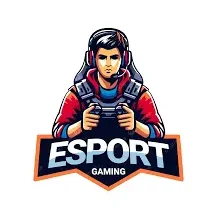
Choose the Right Game for You
When planning to transition to competitive gaming, the most important first step is choosing the right game. It’s important to choose a game that suits your natural strengths. This is because it can provide you with a solid foundation to grow and succeed in a competitive environment. Each game tests different abilities, so knowing your strengths will help you make more informed decisions.
For example, if you have quick reflexes and enjoy fast-paced environments, first-person shooters like Call of Duty or Counter-Strike might be a good for you. These games reward sharp hand-eye coordination and the ability to make split-second decisions. On the other hand, if you are good in strategic planning and enjoy developing long-term plans, games like Dota 2 or League of Legends could be better, as they require strong problem-solving skills and teamwork to outmaneuver opponents.
Practice Consistently
Consistency is important when it comes to improving your gaming skills, especially if you’re planning on transitioning into professional esports. Regular practice will help you refine your gameplay, better understand the mechanics, and develop the muscle memory needed to react quickly in stressful situations. This cannot be achieved overnight and requires an investment of time and effort.
Setting a time every day to practice can have a great impact on your performance over the time. Whether you want to improve your goals, master game strategy, or just get familiar with the game interface, consistent practice will help you develop these skills over time. Small daily sessions are often more effective than sporadic periods of intense play because they encourage steady progress and lead to better skill retention.
Learn from Your Mistakes
In order to grow in the game, it’s important to learn from your mistakes. This is especially true if you’re looking to improve your competitive esports performance. Looking back at past games can help you spot areas for improvement, such as poor decisions or missed opportunities at important moments. Reviewing these moments will help you avoid repeating the same mistakes and adopt better strategies in future game play.
Watching game replays is an effective way to analyze game situations. This feature is available in many games and gives you insight into your actions, positions and choices during important stages of the match. It is necessary to remain objective during the process. Because analyzing your own mistakes can often reveal patterns that you might not have realized in the heat of the moment.
Maintain a Positive Attitude
Maintaining a positive attitude is necessary to player growth, especially in competitive gaming. The pressure of intense games and the occasional failure can take its toll on any player. But sportsmanship and humility are main traits that distinguish long-term winners. Staying calm during setbacks allows you to reflect on your mistakes, learn from them, and develop wonderful strategies. Players who are able to admit their shortcomings and focus on improvement are more likely to see long-term improvement.
Start to Play Amateur Tournaments
Participating in amateur tournaments is a great way for new esports players to gain valuable experience and improve their gaming skills. Whether local, regional or online, these tournaments provide a platform to test your skills against other players in a structured environment. The pressure and competition of amateur tournaments are great for learning how to manage in-game decisions, coordinate strategies, and work with teammates in real-time conditions.
Invest in High-Quality Gaming Gear
Investing in high-quality gaming gear such as high-performance keyboards, mouse, and headsets can have a significant impact on your gaming experience. Accuracy and responsiveness are very important in competitive gaming, and these accessories are designed to improve both. Gaming mouse with adjustable DPI settings allow for more precise positioning, which is especially useful in fast-paced games. Keyboards with mechanical switches offer faster response times and better feedback than standard models, making every action in the game more satisfying and immediate.
A good headset can also play an important role in immersing players in the game and improving communication with teammates. In competitive scenarios, hearing subtle sounds in the game, such as enemy footsteps or weapon reloads, can give you a strategic advantage.
Make Sure You Have Fast Internet Connection
A fast and stable network connection is essential for optimal gaming performance. Lag and high ping can greatly hinder the gaming experience, causing annoying delays between player actions and game reactions. This delay can be the difference between winning and losing, especially in a rapidly changing competitive environment. High ping increases reaction time, which can lead to missed shots or ill-timed movements. Delays can also hinder communication with team members, complicating coordination at intense moments.
Learn from Professional Players
Following professional gamers on streaming platforms like YouTube, Twitch, and Twitter can greatly improve your understanding of game strategy and mechanics. These platforms provide a unique opportunity to observe how pro players play the game in real time. Watching them play allows you to see firsthand the decisions they make, their positioning, and their reactions to various game situations.
Maintain Your Health and Lifestyle
For gamers looking to improve their performance, staying healthy is crucial. Although gaming is often thought of as a sedentary activity, staying physically active can have a significant impact on all aspects of gameplay, including concentration and reaction times. Regular exercise promotes better blood circulation and improves oxygen flow to the brain. This increase in blood flow is important for maintaining focus during long gaming sessions, keeping players alert and engaged.
Mental health plays an important role in the world of esports, where players usually face intense pressure and competition. Stress management is necessary to maintaining performance and well-being. An effective strategy for dealing with stress is to establish a routine that includes taking breaks during gaming sessions. These breaks allow players to take a clear their thoughts, step back, and recharge. Activities like stretching, deep breathing, or short walks can help reduce tension and prevent burnout.
Read All the Above Given Points Carefully for Becoming a Pro eSports Player
Share your journey in the comments, ask any questions you have, or even connect with us on social media. By interacting with other players and enthusiasts, you can exchange valuable insights and progress in the pursuit of your gaming goals. Let’s continue the conversation and grow together as part of this vibrant community!
Also Read: How to Record Gaming Videos for YouTube on iPhone?
Frequently Asked Questions (FAQs)
1. How long does it take to become a pro eSports player?
Becoming a professional esports player requires dedication, skill, and consistent practice. Duration can vary greatly depending on individual talent, level of competition and opportunity. Some players may reach professional status within a few years, while others may take longer.
2. Can you make a living as a professional gamer?
Yes, it is possible to make a living as a professional gamer. Top players in popular esports games can earn significant income through prize money, sponsorships, live broadcasts and endorsements. However, it’s worth noting that only a small percentage of players manage to become professional gamers.
3. What age is the best to start pursuing eSports?
There is no specific age limit to start playing eSports. Although many professional athletes begin their careers at a young age, there are also some successful athletes who begin their careers at a later age. The most important factors are talent, dedication and consistent practice.
4. Do you need formal coaching to go pro in eSports?
While formal coaching can be beneficial, becoming an esports pro is not always necessary. Many successful players develop their skills through online resources, self-practice, and community participation. However, professional coaching can provide valuable guidance and feedback.
5. How much practice is required daily to become competitive in eSports?
The amount of practice required to compete in eSports varies by competition and individual skill level. However, most professional athletes practice for several hours every day. Consistency and focused practice are important to improving your skills.
